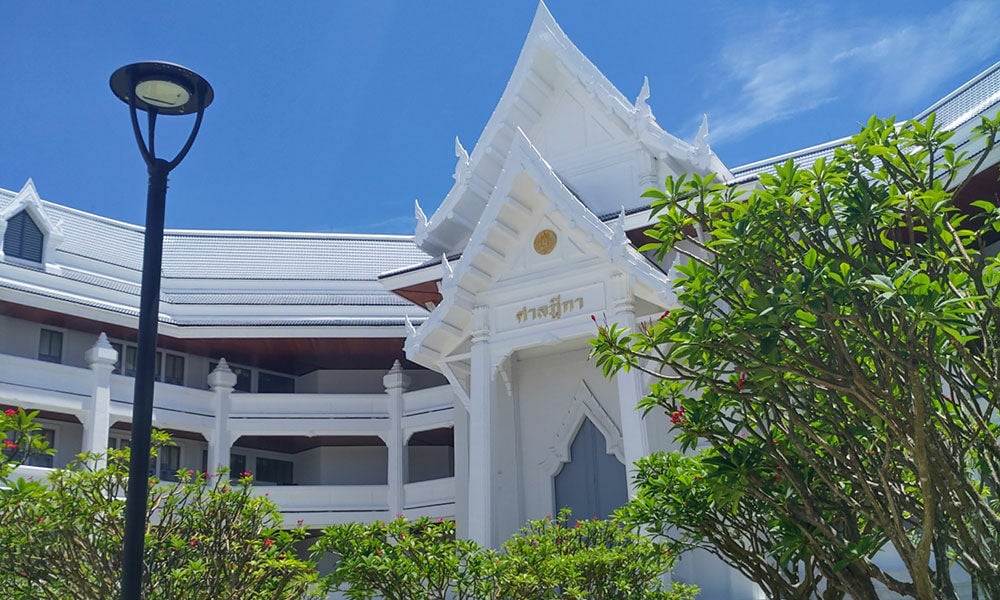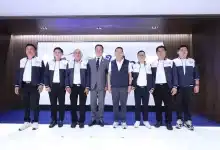Three ex-Bhumjaithai MPs banned by Supreme Court

The Supreme Court delivered a harsh blow to three former Bhumjaithai MPs, slamming them with a 10-year ban from contesting elections. Chalong Thirdweerapong, Phumisak Kongmee, and Natee Ratchakitprakarn were all found guilty of a severe breach of parliamentary ethics.
The court’s ruling, based on a parallel case in the Criminal Court, unveils a scandalous scheme. On May 18 last year, the trio was convicted of handing over their MP identification cards to others during the deliberations of the 2020 budget bill. This deceitful act resulted in a nine-month jail sentence, which they are currently appealing.
The Supreme Court wasted no time in enforcing the ban, citing Article 235 of the Constitution. According to the court, the former MPs failed to uphold the code of ethics, neglected their duty with dishonesty, and caused severe damage to the honourable position of MPs.
The ban, effective immediately, prevents Chalong, Phumisak, and Natee from contesting elections or holding any political position over the next decade. The court retroactively disqualified them as MPs from September 3, 2021, when they were initially suspended by the court, reported The Nation.
While Bhumjaithai leader and Interior Minister Anutin Charnvirakul claimed the ruling wouldn’t affect the party’s popularity, he acknowledged the court’s decision.
In related news, Sitthichote Intharawiset, the senior judge of the Supreme Court, has been announced as the most recent election commissioner. He fills the position left vacant by Chatchai Janprasri, who stepped down in June.
Sitthichote, who also presides over the Supreme Court’s election cases section, takes over from Janprasri, a fellow Supreme Court nominee who retired as a judge at the age of 70 on June 30.
In other news, the Royal Thai Police (RTP) was slapped with a hefty bill of 300,000 baht over a brutal crackdown on pro-democracy Ratsadon, or People’s Party, protesters. While the court’s decision may have come as a shock to many, the details of the ruling reveal a deeper, contentious battle between the authorities and the people.
Latest Thailand News
Follow The Thaiger on Google News:


























